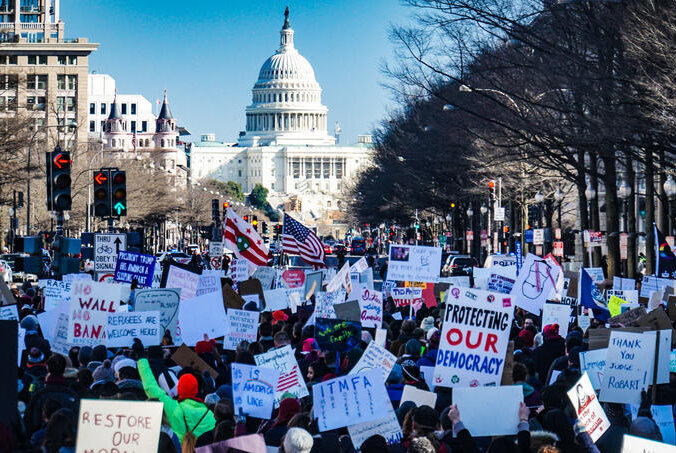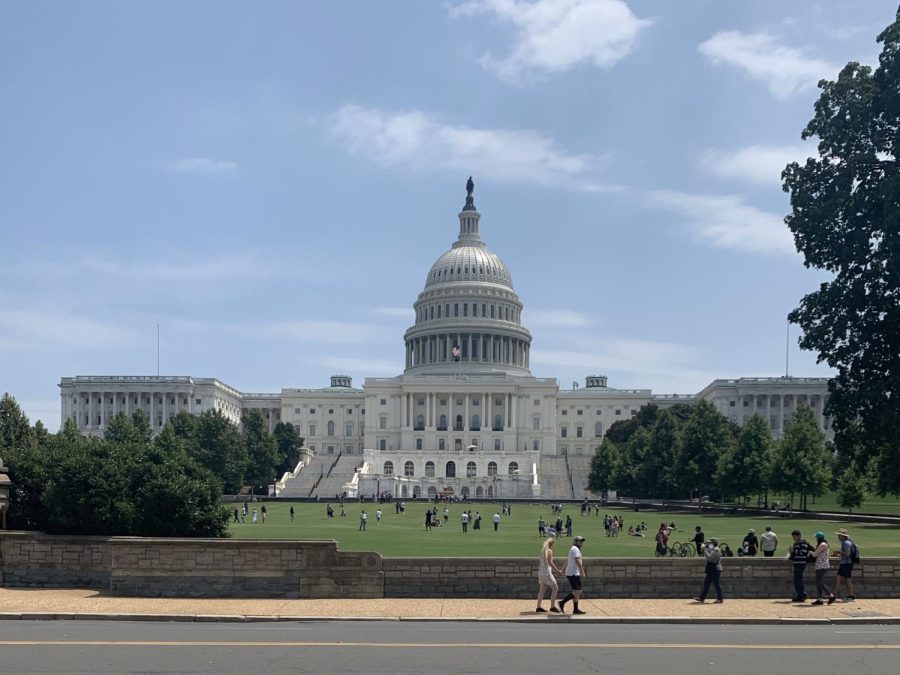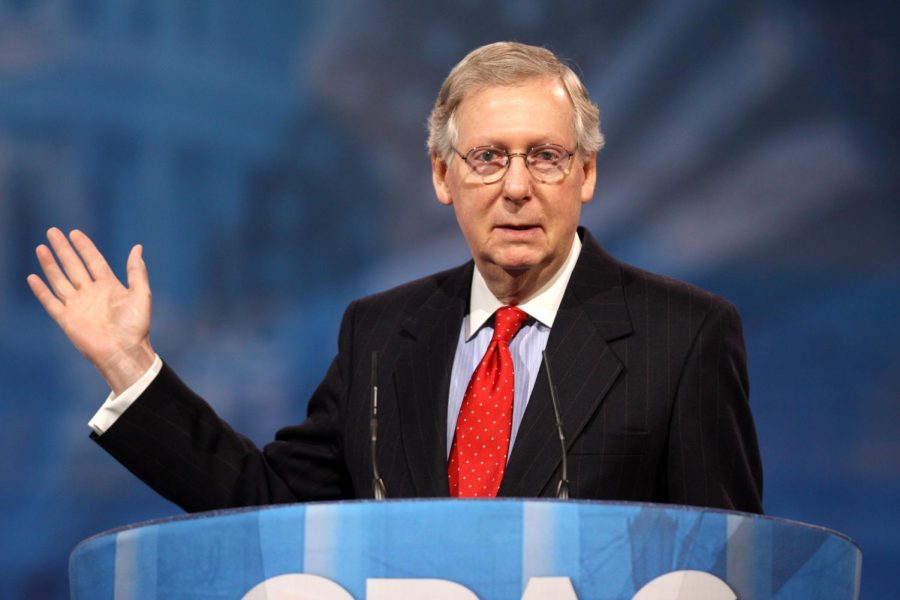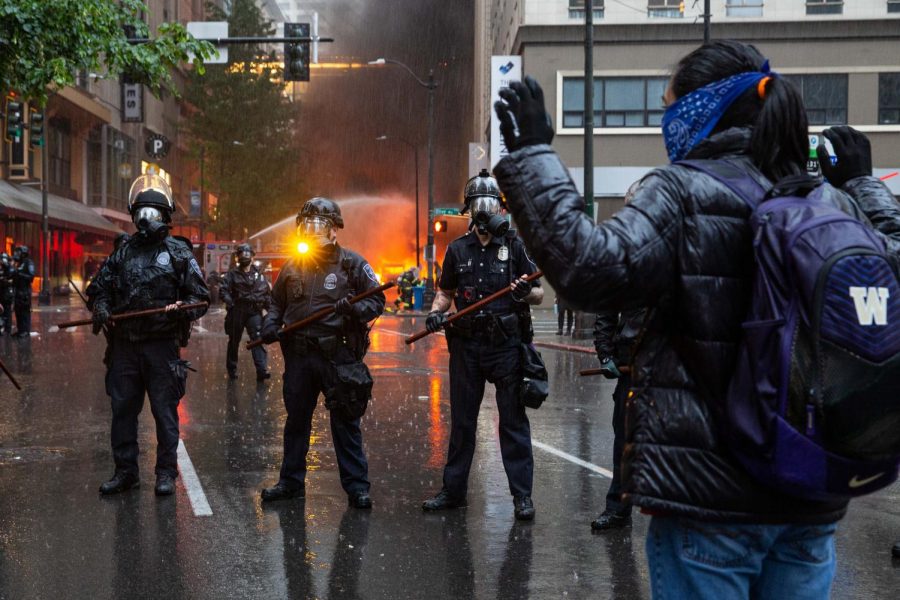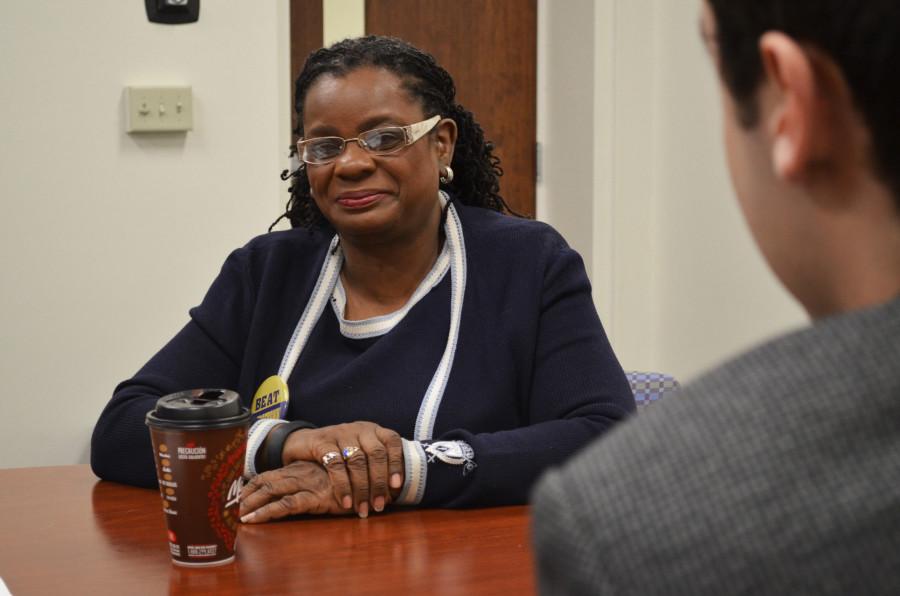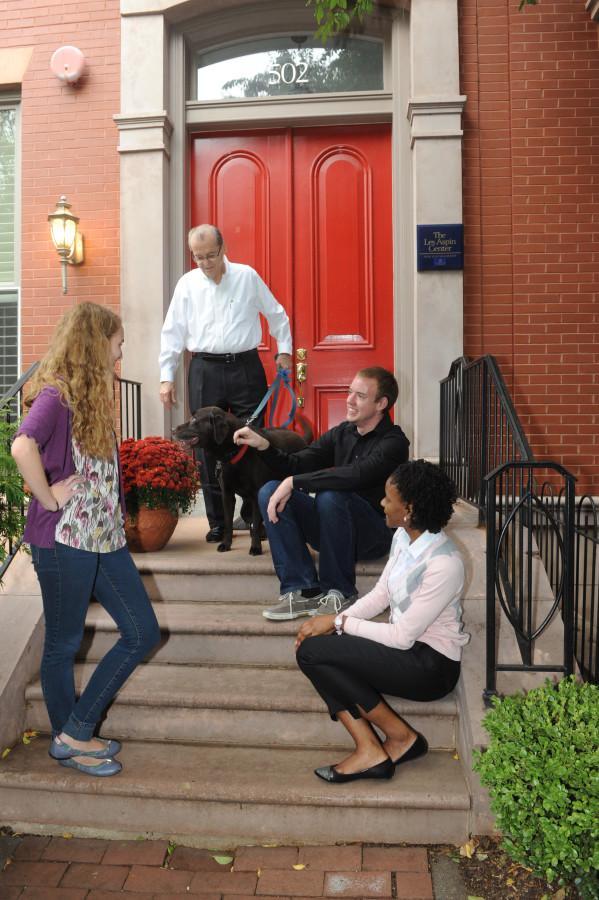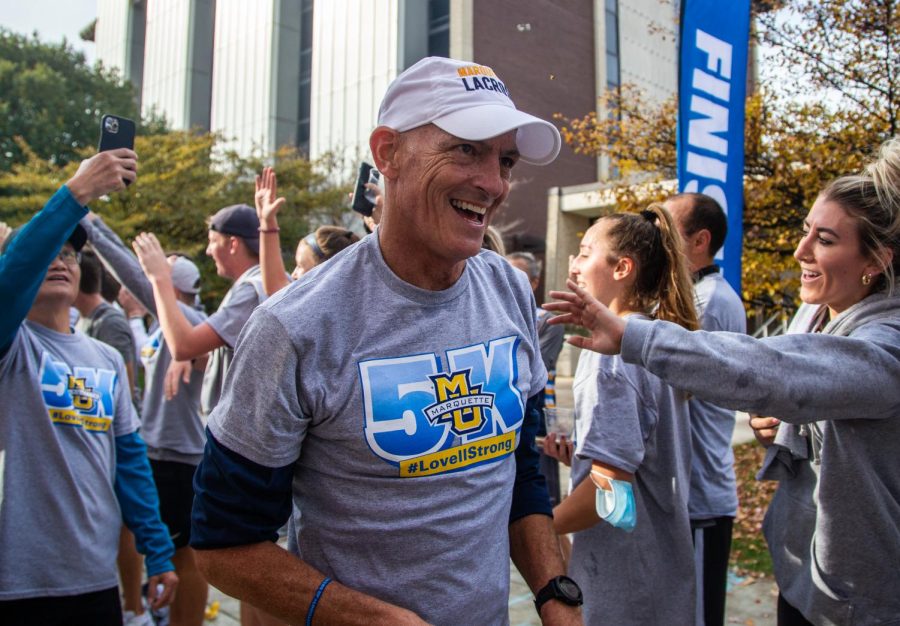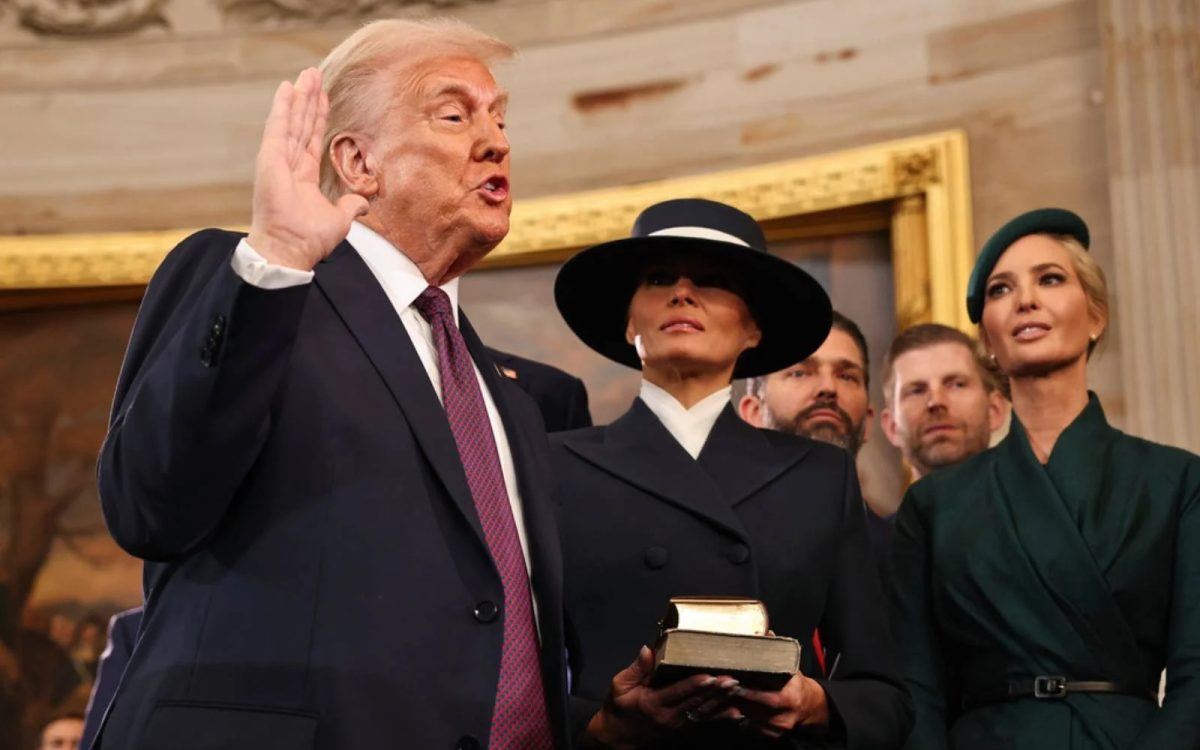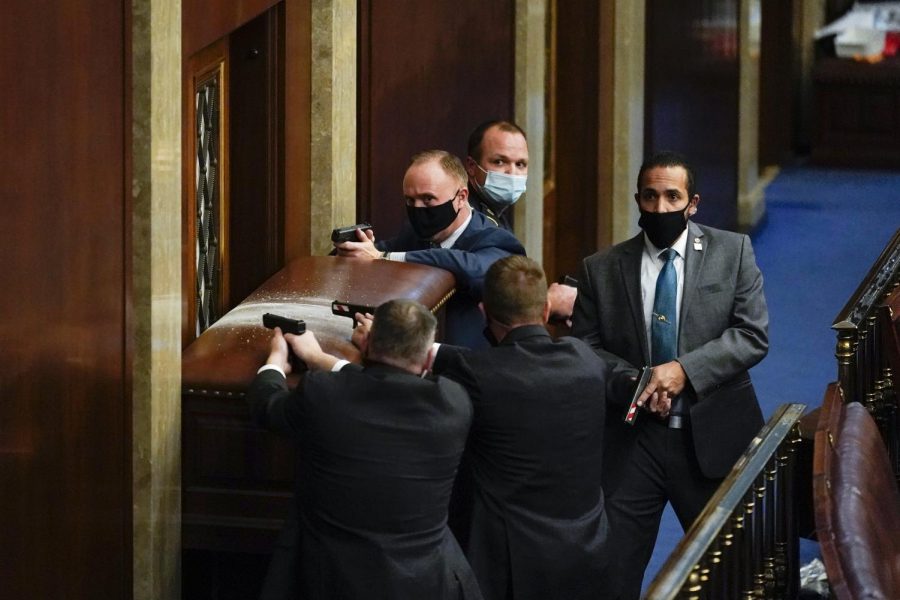
President Barack Obama and Vice President Joe Biden swore their public oaths to uphold the Constitution in the country’s 57th presidential inauguration yesterday in front of past presidents, celebrities and hundreds of thousands of other onlookers in front of the nation’s capital.
During the inaugural address, Senator Charles Schumer of New York recalled the challenges the nation faced 150 years ago during the Civil War and related them to those the country is facing today.
“When Abraham Lincoln took office (in 1861), the dome above us was a half-built eyesore,” Schumer said. “Conventional wisdom was that it should be left unfinished until the war ended. But to President Lincoln, to have an unfinished dome symbolized the half-divided nation. Lincoln said, ‘If people see the Capitol going on, it is a sign we intend the Union shall go on.’ And so, despite the conflict which engulfed the nation and surrounded the city, the dome continued to rise.”
“Now our present times are not as perilous or despairing as they were in 1863, but in 2013, far too many doubt the future of this great nation and our ability to tackle our own era’s half-finished domes,” Schumer continued.
The event was less attended than 2009’s inauguration, when according to CNN, an estimated 1.8 million people – 1 million more than this year – saw President Obama take his first oath of office.
Monday became the fourth time President Obama has gone through an inauguration ceremony, tying the record set by Franklin Roosevelt, who had been elected to four separate terms. In 2009, Chief Justice John Roberts made a mistake in administering the oath, which meant Obama needed to take it again the next day to avoid any legal confusion. Because this year’s Constitutional Inauguration Day, Jan. 20, fell on a Sunday, Obama was sworn in officially yesterday during a private ceremony inside the White House.
Attempting to evoke the symbolism of the holiday, President Obama used a Bible owned by Martin Luther King Jr. to take his oath and mentioned freedom and equality often in his address.
“We the people declare today that the most evident of truth – that all of us are created equal – is the star that guides us still,” Obama said. “Just as it guided our forebears through Seneca Falls and Selma and Stonewall, just as it guided all those men and women, sung and unsung, who left footprints along this great mall, to hear a preacher say that we cannot walk alone, to hear a King proclaim that our individual freedom is inextricably bound to the freedom of every soul on Earth.”
Obama also took steps to address the partisanship plaguing Washington, calling on citizens to come together to work for the betterment of the nation.
“The oath I have sworn before you today … was an oath to God and country, not party or faction,” Obama said. “You and I, as citizens, have the power to set this country’s course. You and I, as citizens, have the obligation to shape the debates of our time, not only with the votes we cast, but the voices we lift in defense of our most ancient values and enduring ideas. Let each of us now embrace with solemn duty, and awesome joy, what is our lasting birthright. With common effort and common purpose, with passion and dedication, let us answer the call of history and carry into an uncertain future that precious light of freedom.”
Marquette junior and MUSG Legislative Vice President Jilly Gokalgandhi made the trip out to Washington and was one of the 800,000 watching the ceremony. Her experience in the crowd echoed much of what the president said in his speech and the overall theme of the day.
“There was an overarching sense of community, and the crowd seemed very hopeful for the next four years,” Gokalgandhi said. “There was more talk in the crowd about the recent tragedies, but there was a sense that the next four years could be used to overcome these issues.”
Looking forward, assistant professor of political science Julia Azari said Obama’s quest to secure a legacy in his second term will be an uphill battle, a trend shared by all recent presidents due to a combination of skepticism towards government and increasing polarization in Washington.
“Presidential second terms are often unsuccessful and anticlimactic,” Azari said in an email. “Presidents are in a particularly difficult spot … with regard to whether they please their base – the people who worked hard to get them re-elected – or to try for something with broader appeal.”

